Trump will put America first on climate: Tillerson
US Secretary of State Rex Tillerson has said that President Donald Trump will put America first when it comes to climate change, adding that his country will not rush to make a decision on its policies regarding global warming.
Tillerson made the remarks on Thursday while speaking at a meeting of Arctic nations in Fairbanks, Alaska, where the top US diplomat signed an agreement recognizing the landmark 2015 Paris Agreement, but said Trump would decide whether to leave or weaken the pact.
The agreement Tillerson signed with foreign ministers from the other seven countries of the Arctic Council made only a fleeting reference to the Paris pact which was signed by nearly 200 nations to cut greenhouse gas emissions.
But still the signing of the Arctic agreement by Tillerson surprised an official close to the US State Department.
"We'd heard ... that there would likely be a significant US effort to redline or even remove entirely the Paris and climate language," said the source, speaking on condition of anonymity.

Tillerson said that the United States is reviewing several important policies on global warming. However, he said that Washington will take its time to make the right decision on the issue.
"We are appreciative that each of you has an important point of view," he said. "We are going to make the right decision for the United States.”
His comments came as the delegates renewed calls for addressing global warming and cautioned that climate change is the most serious threat to Arctic biodiversity.
Read More:
- What Trump's proposal to alter Paris pact shows
- Trump committed to destroying planet: Chomsky
- Obama sounds alarm over climate change
The Paris Agreement entered into force on November 4, 2016 and has been signed by 197 countries, of which 135 have now formally ratified it, which represent more than 75 percent of global greenhouse gas emissions.
Many nations have expressed hopes the US will stay, but they also believe the accord has enough backing to survive a withdrawal.
The Paris agreement seeks to halt average global warming at no more than 2 degrees Celsius (3.6 degrees Fahrenheit) above pre-industrial temperatures by 2050. It also sets out a goal of reaching a limit of 1.5 degrees Celsius, if possible.

The adopted text acknowledges that the risks of climate change are much more serious than previously thought. The deal is to take effect in 2020.
But Trump has proposed to amend the Paris agreement, with his administration officials reportedly telling lobbyists and European diplomats that the United States will withdraw from the climate pact unless it secures concessions for the fossil fuel industry.
Trump has labeled climate change a hoax, defying widening international support for the Paris Agreement to cut greenhouse gas emissions. He has argued that the concept of global warming has been “created by and for the Chinese in order to make US manufacturing non-competitive.”
VIDEO | Netanyahu rushes to White House as Iranian leverage grows
VIDEO | Pakistan hosts events on 47th anniversary of Iran’s Islamic Revolution
VIDEO | Press TV's news headlines
Report: Epstein account remained active after death, lists Israeli ex-military figure among contacts
VIDEO | Choosing to stay: Palestinian-Americans building life at home
FM questions ‘narrative’ pushed by Israeli-American Trump donor’s outlet ahead of Netanyahu visit
US lawmaker blasts attorney general for ‘lying under oath’ over handling of Epstein probe
Iran received no concrete US proposal in Oman talks: Security chief



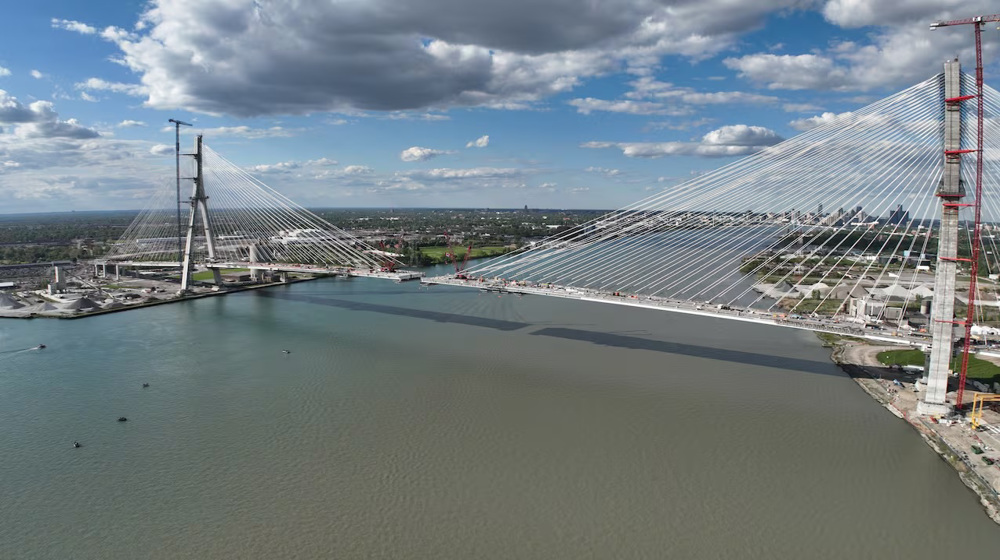
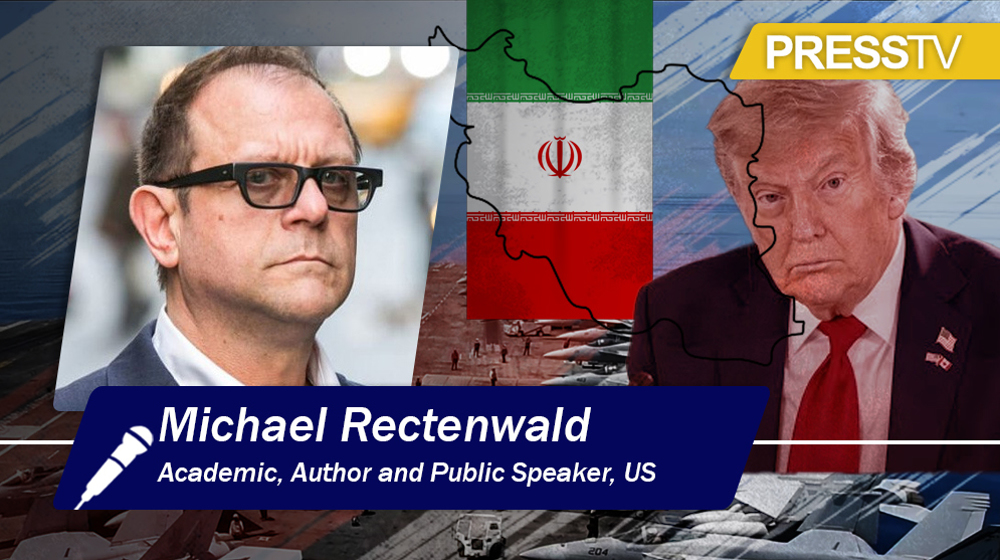
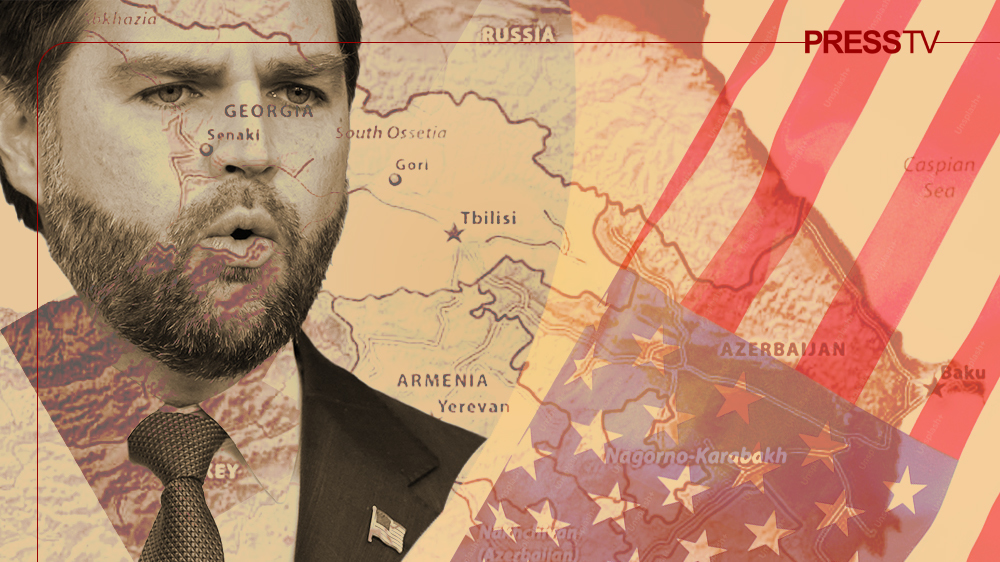




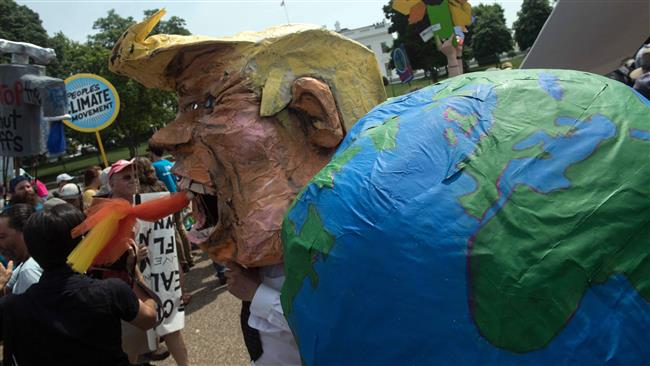
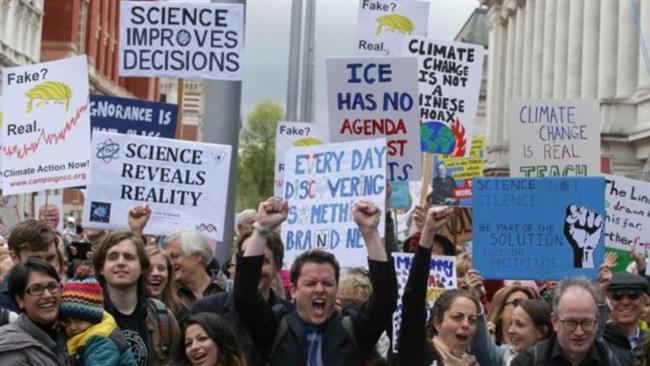
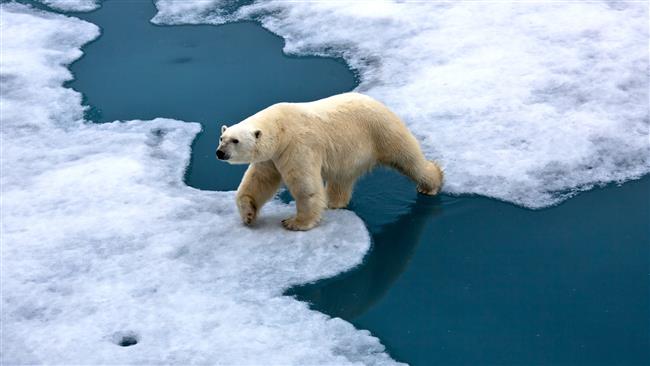
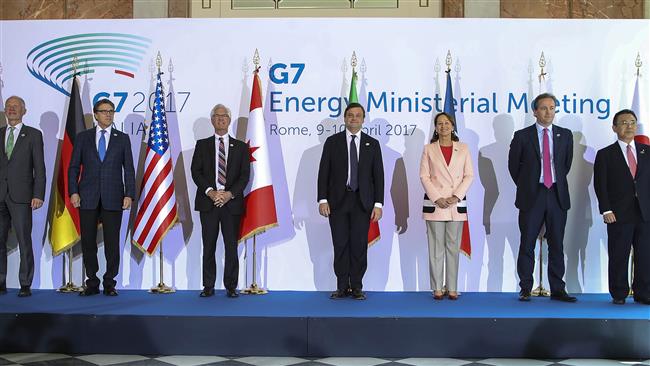
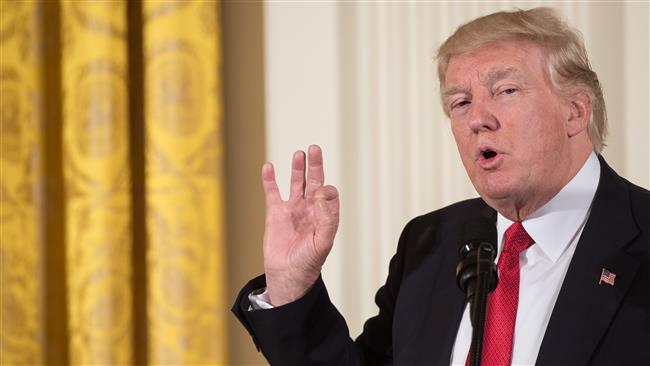
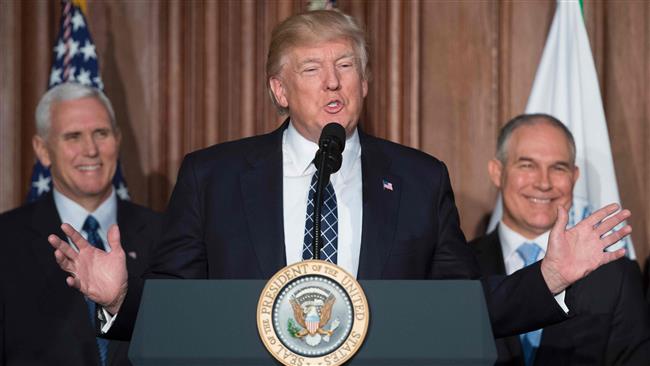

 This makes it easy to access the Press TV website
This makes it easy to access the Press TV website